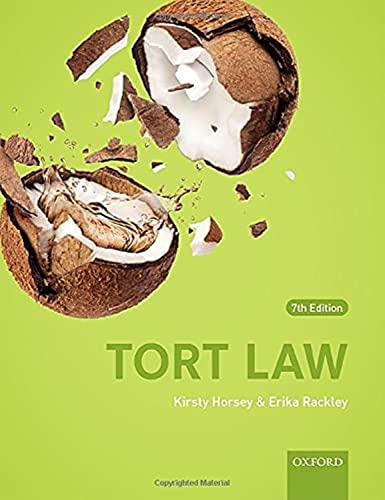Question
The case of Hecht v. Malley related to the excise taxes imposed upon associations by the Revenue Acts of 1916, 407, and 1918, 1000 (a).
The case ofHechtv.Malleyrelated to the excise taxes imposed upon "associations" by the Revenue Acts of 1916, 407, and 1918, 1000 (a).[9]The provision of the Act of 1916 retained the qualifying words of the Corporation Tax Act of 1909 "organized under the laws of the United States, or any State or Territory" and the Court followed the construction placed upon those words inEliotv.Freeman, supra.But the Act of 1918 omitted this qualification, and the excise tax as laid upon corporations applied to "associations" under the general definition. The Court thus found the terms of the Act of 1918 to be in significant contrast to the provisions of the Acts of 1909 and 1916. The omission of the qualification showed the intention of Congress "to extend the tax from one imposed solely upon organizations exercising statutory privileges, as theretofore, to include also organizations exercising the privilege of doing business as associations at the common law.
Question 1
Why does paralytic ileus occur in pancreatitis?
Question 2
How sensitive is the increase in serum lipase levels in the case of acute
pancreatitis?
Question 3
What is the association between chronic pancreatitis and peripheral
vascular disease (PVD)?c750
Question 4.
Please, can you explain to us the mechanism of pancreatitis in
hypertriglyceridaemias?
Question 5
Is there any role for chemotherapy in carcinoma of the pancreas?
Question 6
1. How should portal hypertension be managed in patients with
bronchial asthma, where beta-blockers are contraindicated?
2. How should diuretics for these patients with hypertension be added?
Question 7
What are the causes of very raised erythrocyte sedimentation rate (ESR)?
I mean an ESR 100 mm/h. Is this test diagnostic in any disease besides
polymyalgia rheumatica and giant cell arteritis?c85
Question 8
1. Does the erythrocyte sedimentation rate (ESR) rise with age?
2. Can an ESR of 50 mm/h in an 80-year-old female with no evidence of
systemic disease be considered normal?
Question 9
1. What is a 'normal' erythrocyte sedimentation rate (ESR)? Is the
equation of a normal ESRage
10, correct?2. Would a normal ESR exclude a vasculitic cause in the case of stroke? 65
Question 10
In which conditions is C-reactive protein (CRP) more informative than
the erythrocyte sedimentation rate (ESR)?
Question11
What is the management of an isolated high ferritin (without any signs,
symptoms or changes in the other blood investigations)?
Question 12
Is the mean corpuscular volume (MCV) useful? What is the RDW and
when is it used?
Step by Step Solution
There are 3 Steps involved in it
Step: 1

Get Instant Access to Expert-Tailored Solutions
See step-by-step solutions with expert insights and AI powered tools for academic success
Step: 2

Step: 3

Ace Your Homework with AI
Get the answers you need in no time with our AI-driven, step-by-step assistance
Get Started


